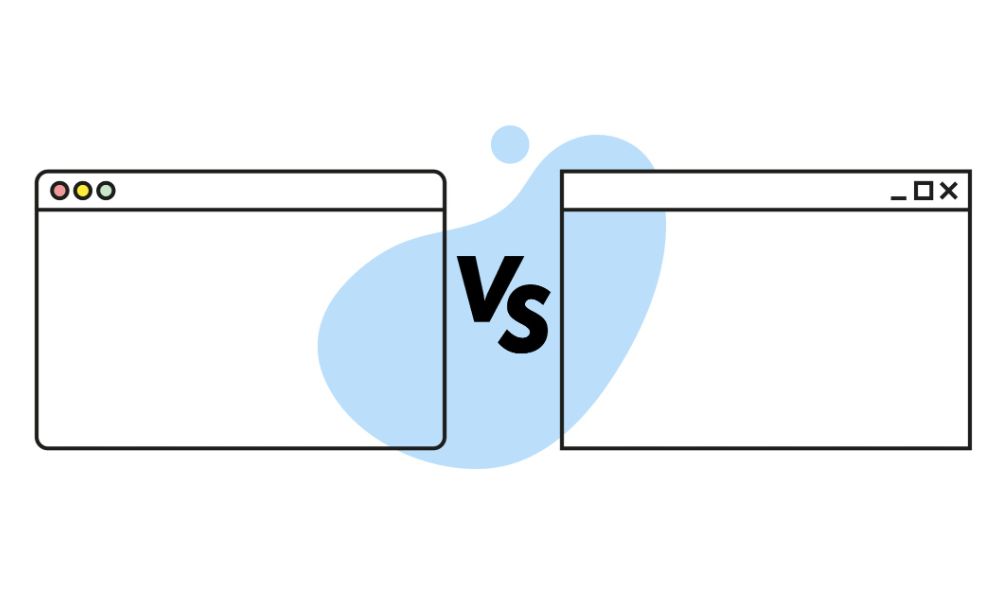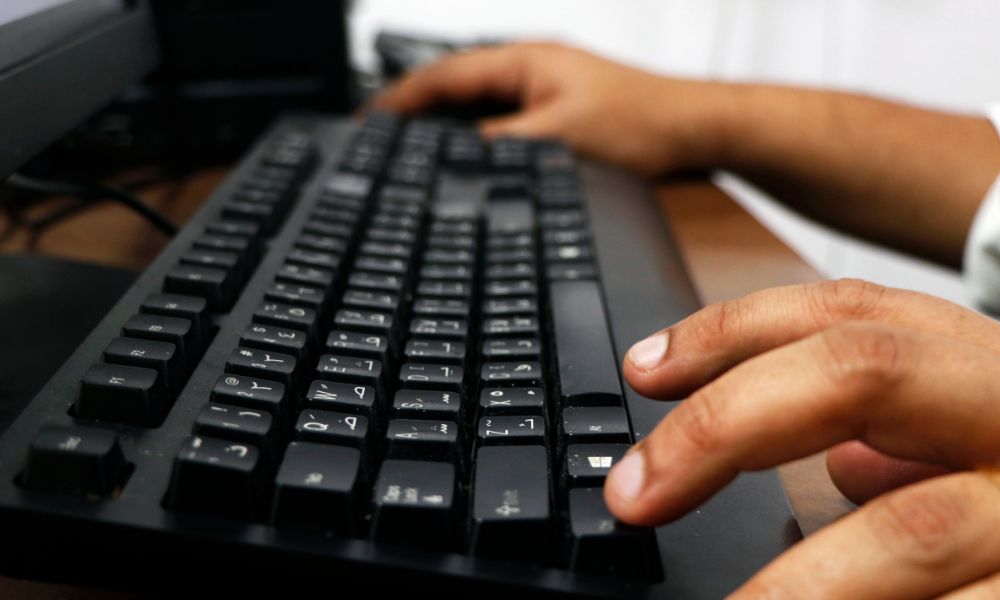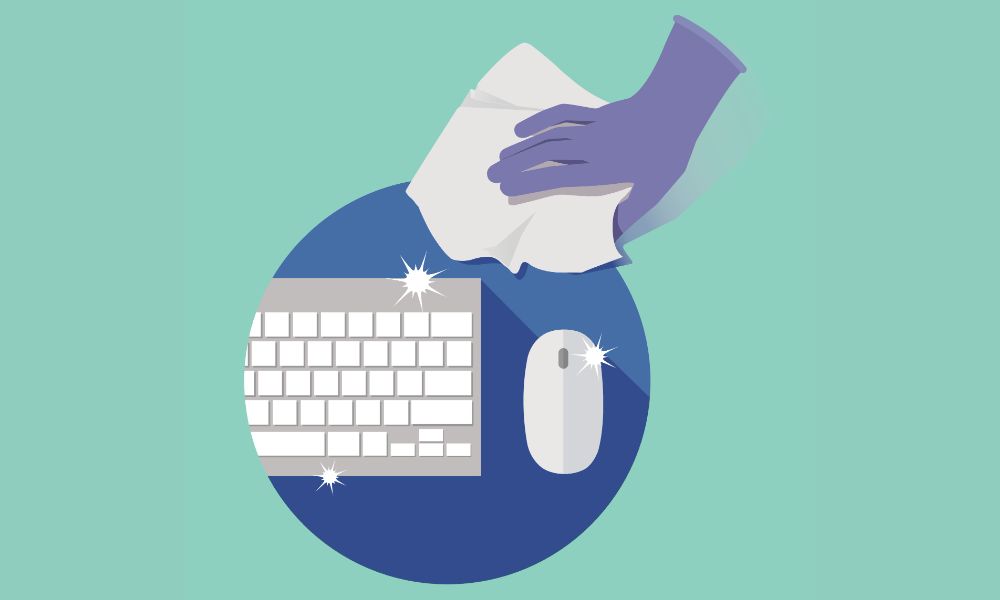Our Top Tips for Optimising Your PC
Nowadays, it’s a tool that no business can manage without, yet how often do we consider the humble PC’s performance when it comes to boosting productivity in the workplace? From the frustrations of slow start-ups to waiting for specialist software to open, waiting for your PC to process data can all add up to wasted time that will eventually have an impact upon your business performance.
For example, it’s been reported that in the UK we lose an average of 5.5 days’ work each year just because of slow computers. So, how can you optimise your PC to ensure the best possible use of your time? Read on to discover our top tips!

Get Started Faster
The best way to make Monday’s great again – get those PC’s starting faster. One of the greatest IT frustrations faced by office workers is the length of time it takes for their computers to get started first thing in the morning. The good news is that this is something that can be easily resolved.
Start by assessing which programmes, if any, you need to have available as soon as you start your computer. Configuring your PC to only launch programmes that you need access to when it starts up will streamline the booting up process, making your PC much quicker to get going.
Get up to Date
Yes, it’s frustrating when your PC continuously prompts you to install updates, but these reminders really do pop-up for a reason. Updates will not only ensure that your security and software is as up to date as possible, but it will also commonly include updates for your drivers which will all help to make your PC run faster.
Get Rid of the Junk
There’s nothing like a good de-clutter for giving your PC a new lease of life. Periodically auditing the programmes that are installed on your PC, to check if there are any you don’t use, is a great way of freeing up valuable space.
You can uninstall programmes that you’re never going to use as part of your clean up. Also consider software that is loaded onto your PC but rarely used. In these cases, it might be worth taking the programme off your computer and re-installing it just when required.
Temporary Means Temporary
If you use your PC to browse the internet, the temporary files which are collected by your browser can build up surprisingly quickly, resulting in slower browsing and processing speeds. Whilst you don’t need to clear your cache every day, getting into the habit of removing these files often will help to ensure your PC is always performing at its best. The good news is that this is a job that can be configured to be completed routinely with minimal set-up.
Defragmenting is Good
It may sound complicated but defragmenting your hard drive can really help your PC’s performance, especially when it comes to opening and using files. It’s not unusual for your hard drive to become fragmented due to the way files are sometimes stored as separate fragments of data.
The more fragmentation there is, the longer it will take for your PC to open the files you need. Just 10% disk fragmentation can result in a dip in performance that you’ll really notice. Defragmenting your hard drive is something that can easily be done manually and is something that you should plan to do every month. You can also schedule your PC to defrag automatically from your Start Menu.
Clean up your Disk
Another way of getting rid of files that you simply don’t need; cleaning up your disk is another task that you should schedule regularly. Performing a Disk Clean-up will get rid of all the temporary internet files, thumbnails, recycle bin contents and stored webpages that you’re never going to uses.
Check your Anti-Virus Software
Making sure that your anti-virus software is up to date can go a long way to protecting your PC’s performance. If your PC runs slowly it can sometimes be caused by malware or viruses that have been installed on your computer. Ensuring that your anti-virus programme is set to scan and update automatically is key to keeping your PC protected.

Find Out How We Can Help Boost your PC’s Performance
Whether your PC is at work or home, our experts at NECL can give you all the hints and tips you need to keep it working its best. Give us a call on 020 3664 636, or get in touch with us via the form on our contact page.








